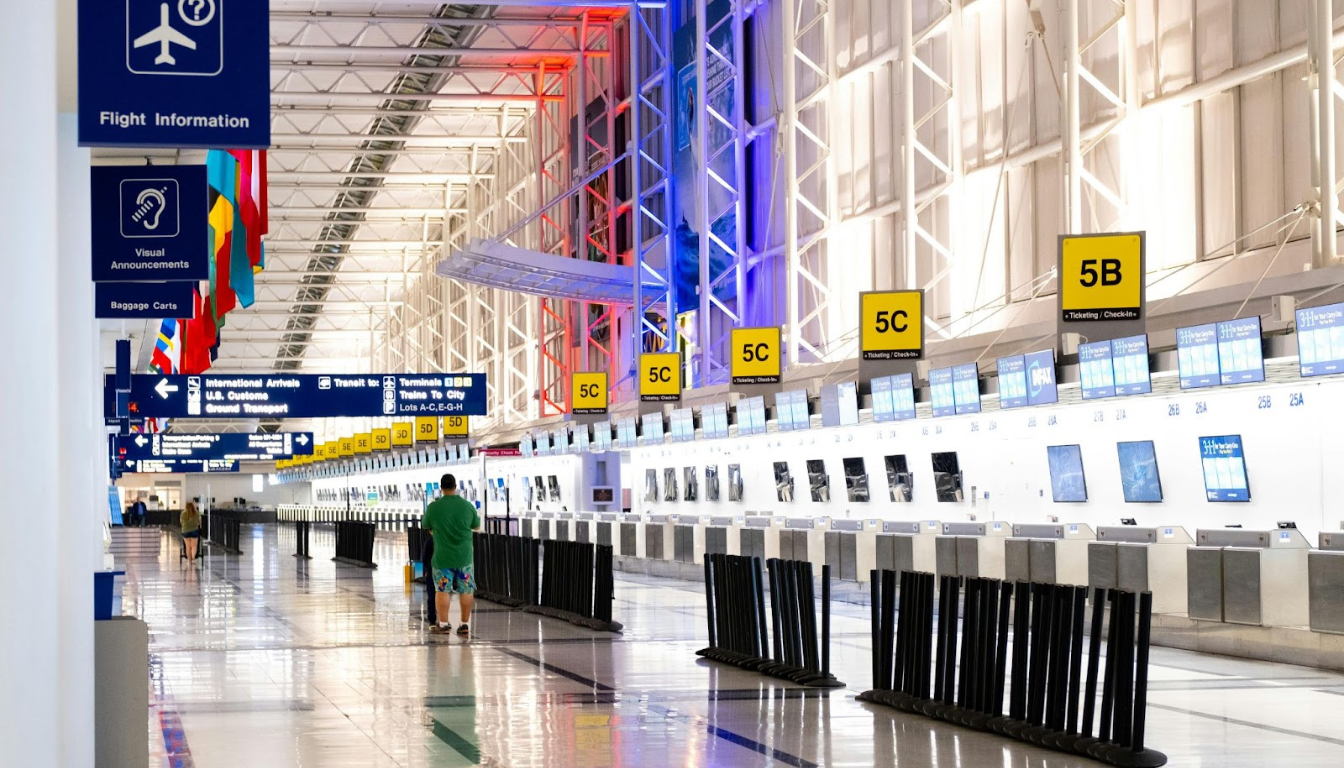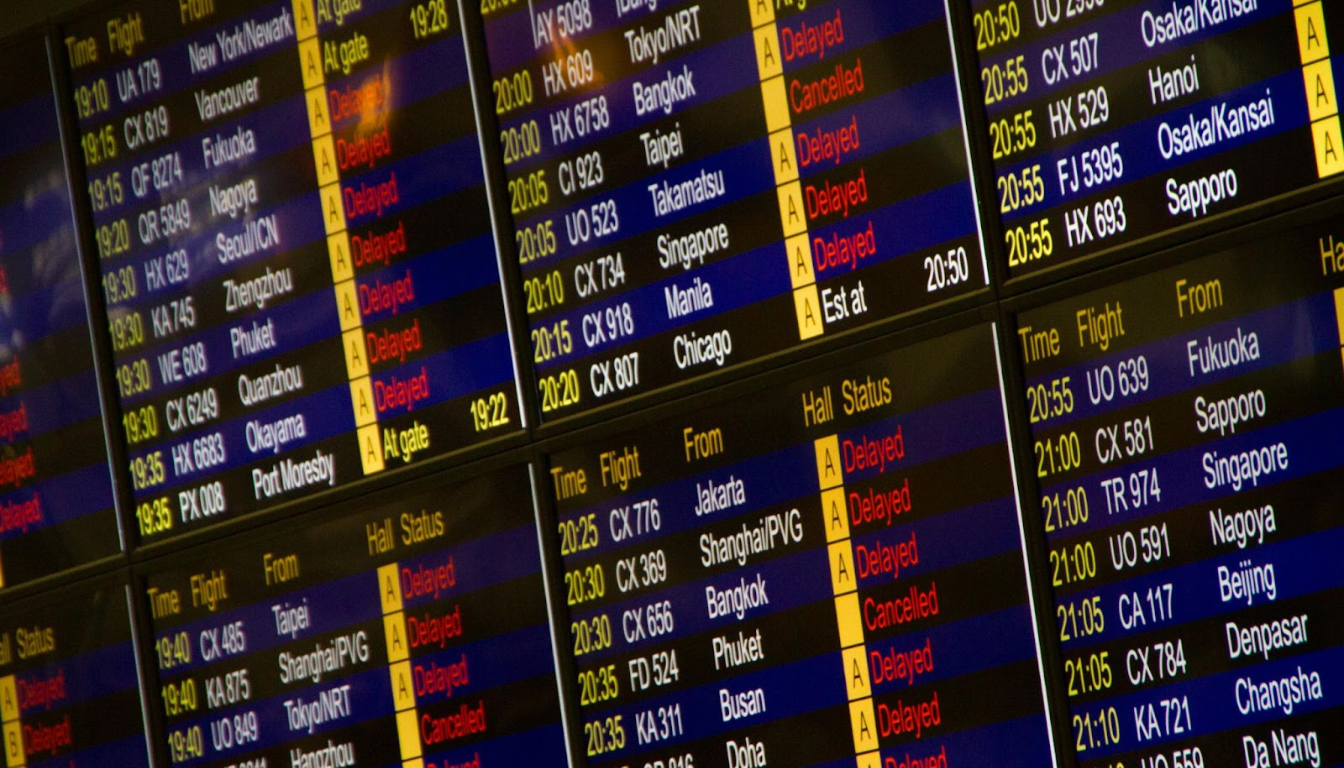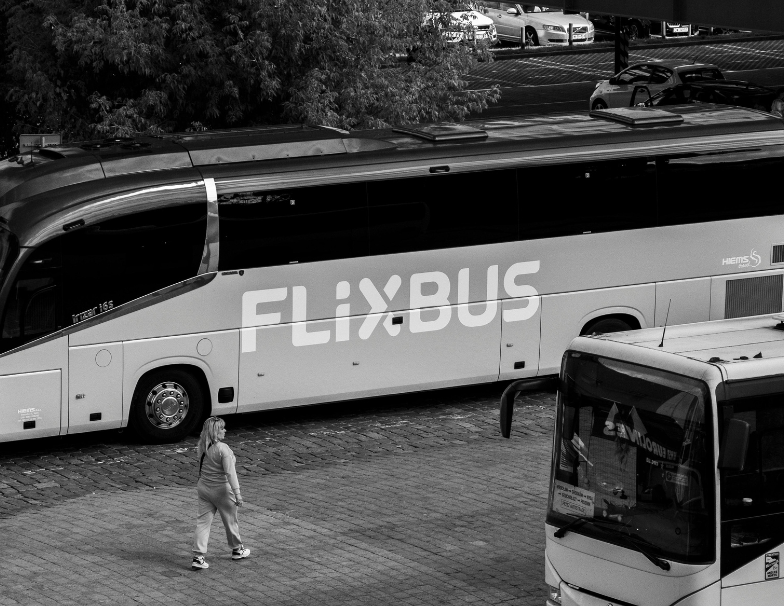Top Travel Logistics Tips for Hassle-Free Business Trips

Struggling with travel logistics for business trips? Read on for essential tips on managing transportation, choosing the right partners, and ensuring a stress-free journey during your corporate retreats.
Key Takeaways
- Effective travel logistics significantly impact attendee comfort and retreat success, necessitating careful planning around accommodations and transportation.
- Understanding group size and needs is critical for coordinating travel arrangements, schedules, and backup plans to ensure a seamless experience.
- Utilizing travel management technology and maintaining centralized communication channels are essential for efficient management of corporate travel and compliance with budgets.
Understanding Travel Logistics for Corporate Retreats

Effective travel logistics are key to a successful corporate retreat. They affect everything from attendees’ comfort to the event’s schedule efficiency. Imagine arriving at a retreat to find that half the team is delayed due to poorly coordinated travel plans. The ripple effect can disrupt the entire agenda, leading to a less fruitful retreat.
Choosing appropriate facilities is also essential. The venue must cater to the diverse needs of all participants to ensure comfort and convenience. This could mean choosing a location with:
- ample meeting spaces
- reliable Wi-Fi
- comfortable accommodations
- easy access to transportation hubs
Participants who feel well cared for are more likely to be engaged and productive.
Next, let’s explore the core elements of corporate group travel planning. Grasping these fundamentals ensures that all logistics align seamlessly with the retreat’s goals, making the event both successful and memorable.
Core Elements of Corporate Group Travel Planning
Planning group travel for a corporate retreat starts with understanding the group size and their specific travel needs. This step influences all subsequent decisions, from flight bookings to ground transportation arrangements. Knowing the number of travelers and their preferences helps create a comfortable travel plan for everyone.
The next step is to align transportation with the retreat schedule and venue. Whether the retreat involves a single location or multiple venues, ensuring that all travel arrangements fit seamlessly into the event schedule is essential. This means coordinating flight times, ground transportation, and even meal breaks to avoid any disruptions.
Coordinating departures, arrivals, and contingencies is also vital. This involves preparing for potential delays and having backup plans. For instance, if a flight is delayed, there should be arrangements for immediate transport once the team lands.
Choosing the right mode of transportation—air, rail, or ground—should be based on the team’s needs and the retreat’s location. Each option has its pros and cons, and selecting the best one requires careful consideration of factors like cost, convenience, and travel time.
Choosing the Right Transportation Partners for Business Travel

Choosing the right transportation partners can make or break corporate travel plans. Working with established travel management companies or in-house corporate travel planners can provide the expertise and resources needed for smooth travel arrangements. These professionals are well-versed in business travel planning and can handle everything from booking flights to arranging ground transportation.
Evaluating group travel vendors is also essential. Whether you need charter buses for large teams or flight blocks for multiple travelers, choosing reliable vendors ensures that the travel experience is as seamless as possible. Researching and selecting vendors with a proven track record in corporate travel is crucial.
Consider the following additional factors:
- Corporate discounts: Many airlines and hotels offer special discounted rates for corporate bookings.
- Loyalty programs: These can provide significant savings over time.
- Travel insurance: Purchasing travel insurance is essential to protect against unforeseen circumstances like trip cancellations or delays. If you want to book flights, be sure to consider these factors.
Tips for Managing Corporate Travel Smoothly

Smoothly managing corporate travel requires a blend of technology and strategic planning. Travel management software can be a game-changer, offering:
- Real-time coordination and updates
- The ability for corporate travel planners to manage bookings
- Flight tracking
- Communication with travelers all in one place
These features make the travel planning process more efficient by providing essential tools for managing money and helping you book your travel.
Centralized communication channels are crucial. Apps, checklists, and detailed itineraries ensure that everyone is on the same page, reducing the risk of miscommunication. Having a centralized system where all travel documents and information are stored can streamline the entire process.
Tracking expenses and ensuring compliance with company policies is also critical. Real-time expense tracking helps in managing the travel budget effectively, while compliance ensures that all travel policies are adhered to, reducing the risk of overspending and keeping within budgets.
Health, safety, and emergency protocols are essential. Ensuring that all travelers have access to emergency contacts, health information, and safety guidelines is crucial. These protocols help in handling any unexpected events during the trip, ensuring the well-being of all participants.
Implementing these strategies makes managing corporate travel more organized and less stressful. Let’s now examine some real-world examples to illustrate these points.
Real-World Examples: Travel Logistics Done Right

Exploring real-world examples highlights how effective travel logistics can transform business trips. For instance, during the 2019 Salesforce Dreamforce conference in San Francisco, the company organized staggered shuttle services for thousands of attendees. By scheduling smaller groups to depart at different times, Salesforce avoided transportation bottlenecks and enhanced attendee comfort.
Another example is IBM’s approach to global corporate travel. IBM centralized its travel planning through a dedicated corporate trip planner team, which negotiated discounted rates with airlines and hotels worldwide. This strategy not only saved millions in travel costs annually but also ensured consistent travel experiences for employees across multiple countries.
On the other hand, a 2018 case at a major tech firm demonstrated the pitfalls of poor travel logistics when a last-minute change in flight bookings led to missed connections for a sales team traveling to an international client meeting in London. The incident caused significant delays and underscored the critical need for contingency planning and real-time communication tools in business travel planning.
These concrete examples emphasize the importance of meticulous planning, vendor relationships, and flexible backup plans to handle unforeseen circumstances during corporate travel.
Final Checklist for Seamless Group Business Travel
A final checklist is invaluable for ensuring seamless group business travel. Begin by confirming all travel arrangements early at different intervals: 1 month, 1 week, and 1 day before departure. This includes double-checking flight bookings, hotel reservations, and transportation arrangements to avoid any last-minute surprises.
On the travel day itself, organizers should organize a detailed checklist. This might include ensuring all travel documents are in order, confirming transportation schedules, and coordinating with the team to ensure everyone is on track.
Post-retreat travel follow-up tasks are just as important. This could involve gathering feedback from participants, processing travel expense reports, and evaluating the overall travel experience to identify areas for improvement.
Following this comprehensive checklist allows corporate travel planners to manage every aspect of the corporate retreat efficiently, resulting in a successful and stress-free business travel experience.
Summary
Travel logistics are an essential component of successful corporate retreats. From understanding the core elements of group travel planning to choosing the right transportation partners and managing travel smoothly, each step plays a crucial role in ensuring a seamless experience for all participants. Real-world examples illustrate the importance of meticulous planning and highlight the benefits of learning from past experiences.
By applying these tips and strategies, corporate retreat planners can transform the travel planning process, making it more efficient and less stressful. So embrace these insights and take your corporate travel planning to the next level, ensuring every business retreat is a resounding success.
FAQs
- What are the key components of corporate group travel planning?
The key components of corporate group travel planning are determining the group size, aligning transportation with the schedule, coordinating departures and arrivals, and selecting the appropriate mode of transportation. These elements are essential for ensuring a smooth and efficient travel experience.
- How can companies ensure smooth corporate travel?
To ensure smooth corporate travel, companies should implement travel management software, maintain centralized communication, track expenses effectively, and adhere to health and safety protocols. Taking these steps will streamline the travel process and enhance employee safety and satisfaction.
- Why is purchasing travel insurance important for corporate trips?
Purchasing travel insurance is crucial as it protects employees and the company against unforeseen circumstances such as trip cancellations, lost baggage, or medical emergencies. It provides peace of mind and financial security during business travel.
- How do travel logistics impact the success of corporate retreats?
Effective travel logistics ensure that attendees arrive on time, are comfortable, and can fully participate in retreat activities. Proper planning of accommodations, transportation, and schedules minimizes disruptions and maximizes productivity and engagement.
You may also like
Unique spaces for your next offsite
Find distinctive venues for your upcoming corporate retreat.
Stay Updated with Our Insights
Get exclusive content and valuable updates directly to you.







